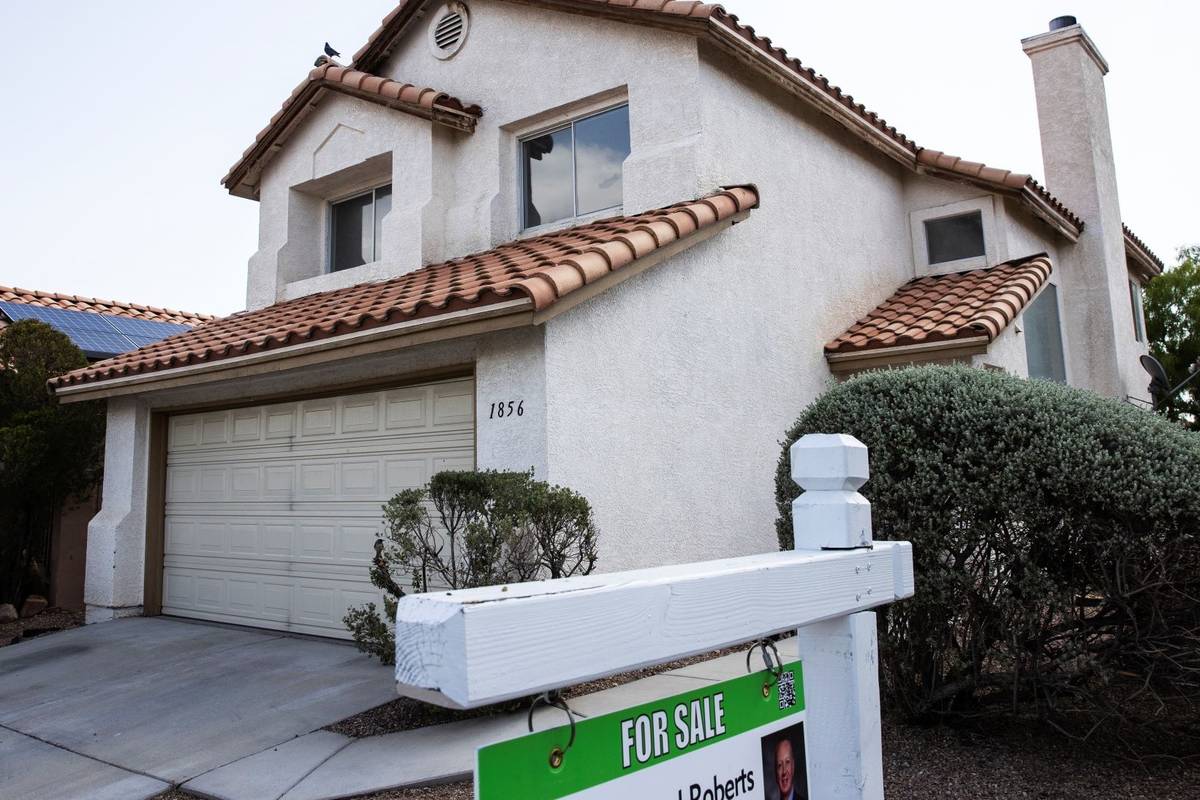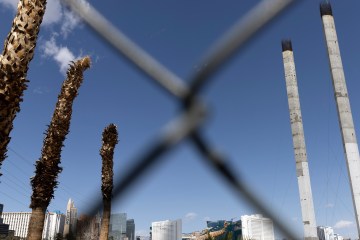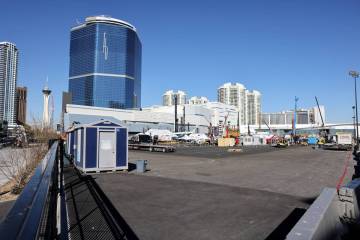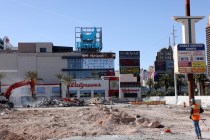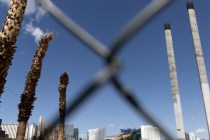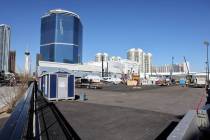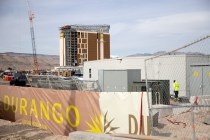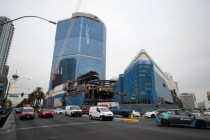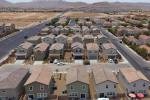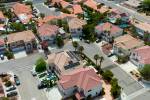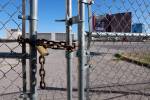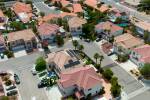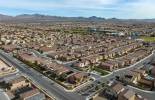Is Southern Nevada’s booming housing market a bubble?
About 15 years ago, Las Vegas’ housing market was going nuts.
Builders blanketed the valley with subdivisions, buyers flipped houses with ease, property values soared, and developers wanted to plant a forest of a high-rises.
There was talk the market was in a bubble, but not everyone bought it.
“Frankly, the vaunted housing bubble is just like Y2K — a scary proposition put forth by people who do not understand the real estate fundamentals of this market,” an analyst said in fall 2005.
As we know now, Las Vegas’ market was in a bubble — arguably the most bloated in America — and when it burst, the economy crashed with it.
Southern Nevada’s housing market is accelerating today with rapid sales and record prices, and industry sources say the market is moving at the fastest pace in a long time. So, are we floating in another bubble?
Booming for different reasons
As real estate pros point out, there are key differences between today’s hot streak and the doomed frenzy of a decade and a half ago.
Back then, the market was soaring thanks to easy money, as practically anyone could get a loan to buy a house, if not several of them, with lenders frequently opening the vaults without verifying borrowers’ income.
Today, the market is soaring thanks to cheap money, as rock-bottom mortgage rates have let people lock in lower monthly payments and stretch their budgets.
Houses are being flooded with offers, often within days of hitting the market, and routinely selling for over the asking price. Builders have been putting buyers on wait lists, median resale prices hit new all-time highs practically every month, and out-of-state buyers, especially Californians, seem to be snapping up more homes than usual in more-affordable Las Vegas as people work from home without the need for a commute.
Lending standards also are stricter now than they were in the mid-2000s, there isn’t nearly as much home construction, and house-flipping isn’t as common.
Also, the economy was strong during the last big housing boom, but this time, the market started accelerating despite huge job losses sparked by the coronavirus outbreak — economic ruin that largely hit lower-paying service industries in casino-heavy Las Vegas and spared many white-collar staffers who could work from home and still afford to buy a new place.
The median sales price of previously owned single-family homes was a record $375,000 in April, up 21 percent from the same month last year, as buyers snapped up nearly 3,530 houses, up 79 percent from April 2020, when sales dropped sharply amid the early chaos of the pandemic, trade association Las Vegas Realtors reported.
‘Crazy stuff’
Vivek Sah, director of UNLV’s Lied Center for Real Estate, said he doesn’t think the market is overinflated, citing, in part, the much-tighter lending standards.
Frank Nothaft, chief economist with housing tracker CoreLogic, told me that Las Vegas’ price growth “pales in comparison to some of the crazy stuff” in the mid-2000s, when prices soared more than 40 percent from the year before at one point.
He also said the market was overbuilt back then, whereas today, a shortage of available houses is helping drive the frenzy as demand far outpaces supply.
“It’s a very different dynamic at work,” Nothaft said.
Still, just because the market is in hyperdrive for different reasons doesn’t mean home values aren’t rising too fast, and locals have often said they don’t want housing to boom again, given how badly it all ended last time.
After the bubble burst, Las Vegas was ground zero for America’s real estate crash, a misery of foreclosures, plunging property values, underwater borrowers and abandoned, unfinished real estate projects – a deep hole the region spent years crawling out of.
So, are we in a bubble?
As Sah indicated to me, it’s always easier to say in hindsight.
Contact Eli Segall at esegall@reviewjournal.com or 702-383-0342. Follow @eli_segall on Twitter.



